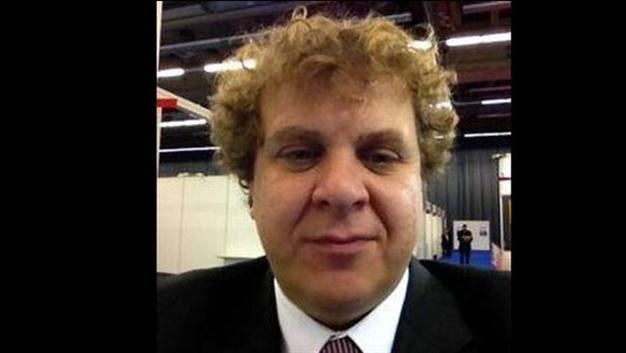Turkish actor in US admits selling nuclear technology material to Iran
Nafiz Albayrak – Doğan News Agency
 A former Turkish actor, detained in New York for illegally selling to Iran a restricted metallic powder used in missile production, pleaded guilty on June 15.
A former Turkish actor, detained in New York for illegally selling to Iran a restricted metallic powder used in missile production, pleaded guilty on June 15.Erdal Kuyumcu, 44, the chief executive of Global Metallurgy LLC, pleaded guilty in a Brooklyn federal court on June 15 to deliberately violating the International Emergency Economic Powers Act (IEEPA), which limits trade with Iran.
The indictment said Kuyumcu collected more than 450 kilograms of cobalt-nickel metallic powder, which is used in aerospace, missile production and nuclear applications, to export them to Iran.
It added that Kuyumcu, along with another partner, then hid the metal powder in Turkey before sending it to Iran.
The indictment demanded 20 years in prison for Kuyumcu, in addition to a $1 million fine, but Kuyumcu is expected to be sentenced to up to five years in jail after reaching a deal with the prosecutor’s office and disclosing the partners and institutions involved in the plan.
The final verdict on Kuyumcu will be given in October.
According to a statement by the U.S. Justice Ministry, Kuyumcu sold nickel metal powder, which he bought from a U.S. company in Ohio, to Iran via a firm in Turkey without receiving a license from the U.S. Treasury Department’s Office of Foreign Assets Control (OFAC).
Kuyumcu’s lawyer Patrick Mullin denied that the powder would have been used in missile production, claiming that it was also often used for industrial purposes.
Kuyumcu had appeared in many TV series and movies in Turkey.
Zarrab case
Kuyumcu’s case may also set a precedent for the case involving Iranian-Turkish businessman Reza Zarrab, who is currently jailed pending trial in the United States for money laundering, fraud and on charges of violating sanctions against Iran. Zarrab is on trial conspiring to violate the International Emergency Economic Powers Act (IEEPA) against Iran and its institutions.
He faces 75 years in prison and a possible $50 million fine, $10 million of which will be paid in cash and the rest of which will be paid in bonds.
















